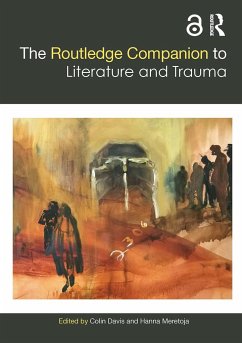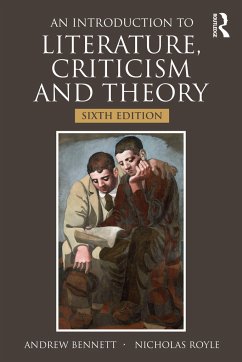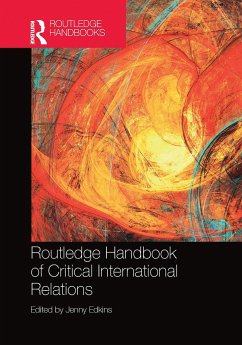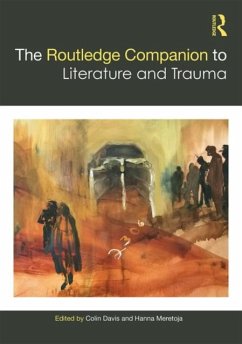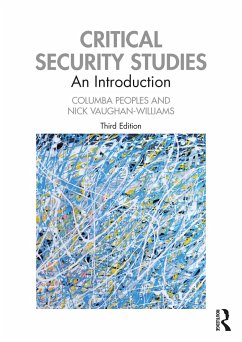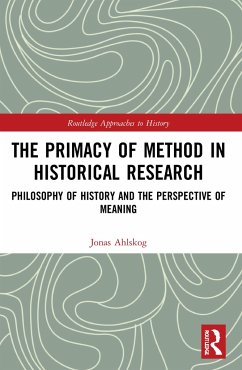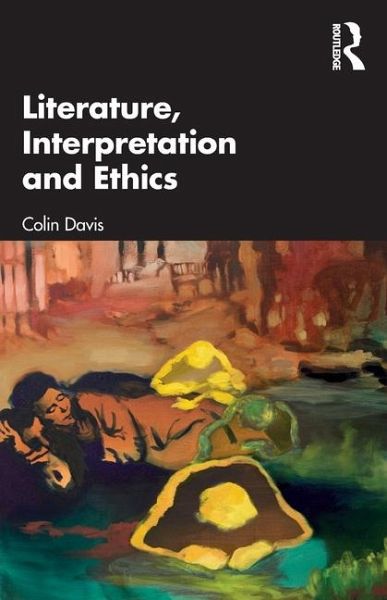
Literature, Interpretation and Ethics
Versandkostenfrei!
Versandfertig in 6-10 Tagen
40,99 €
inkl. MwSt.
Weitere Ausgaben:

PAYBACK Punkte
20 °P sammeln!
Literature, Interpretation and Ethics argues for the centrality of hermeneutics in the context of ongoing debates about the value and values of literature, and about the role and ethics of literary study. Hermeneutics is the endeavor to understand the nature of interpretation, as it poses vital questions about how we make sense of works of art, our own lives, other people and the world around us.The book outlines the contribution of hermeneutics to literary study through detailed accounts of role of interpretation in the work of key thinkers such as Martin Heidegger, Hans-Georg Gadamer, Paul R...
Literature, Interpretation and Ethics argues for the centrality of hermeneutics in the context of ongoing debates about the value and values of literature, and about the role and ethics of literary study. Hermeneutics is the endeavor to understand the nature of interpretation, as it poses vital questions about how we make sense of works of art, our own lives, other people and the world around us.
The book outlines the contribution of hermeneutics to literary study through detailed accounts of role of interpretation in the work of key thinkers such as Martin Heidegger, Hans-Georg Gadamer, Paul Ricoeur, Umberto Eco, Jacques Derrida and Emmanuel Levinas. It also illustrates problems of interpretation posed by specific literary texts and films, emphasising how our interpretive acts also entail ethical engagements. The book develops a 'hermeneutics of (guarded) trust', which calls for attention to the agency of art without surrendering critical vigilance.
Through a series of forays into theoretical texts, literary works and films, the book contributes to contemporary debates about critical practice and the cultural value. Interpretation, it suggests, is always fallible but it is also essential to our place in the world, and to the importance of the humanities.
The book outlines the contribution of hermeneutics to literary study through detailed accounts of role of interpretation in the work of key thinkers such as Martin Heidegger, Hans-Georg Gadamer, Paul Ricoeur, Umberto Eco, Jacques Derrida and Emmanuel Levinas. It also illustrates problems of interpretation posed by specific literary texts and films, emphasising how our interpretive acts also entail ethical engagements. The book develops a 'hermeneutics of (guarded) trust', which calls for attention to the agency of art without surrendering critical vigilance.
Through a series of forays into theoretical texts, literary works and films, the book contributes to contemporary debates about critical practice and the cultural value. Interpretation, it suggests, is always fallible but it is also essential to our place in the world, and to the importance of the humanities.





